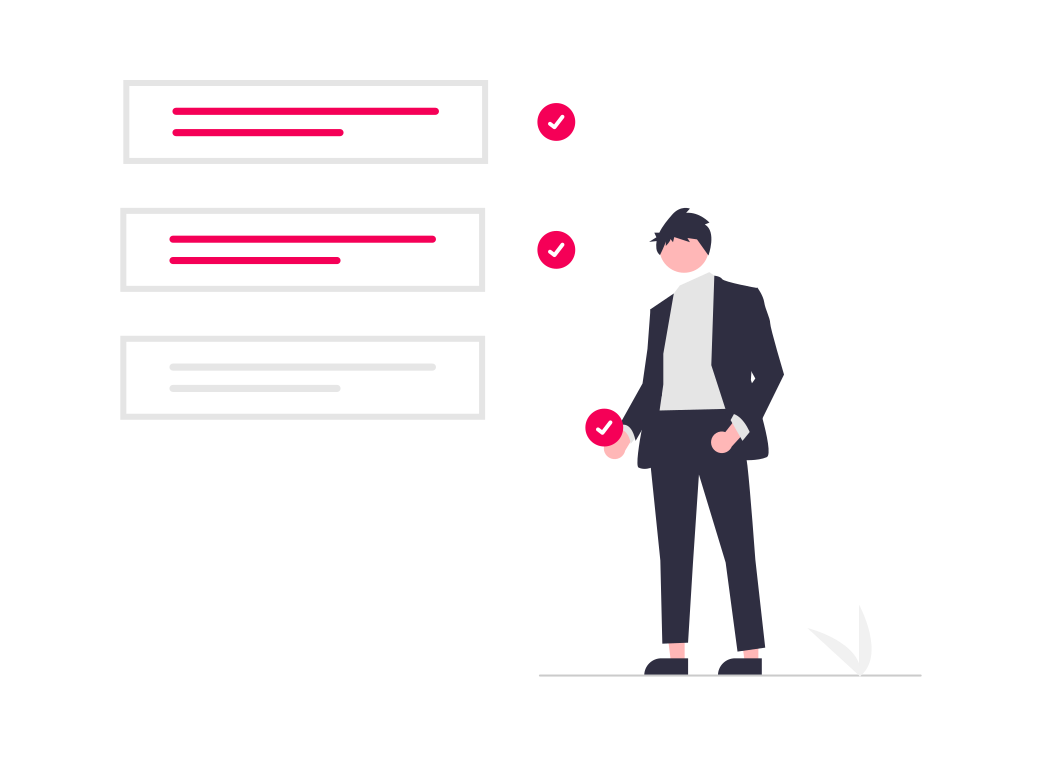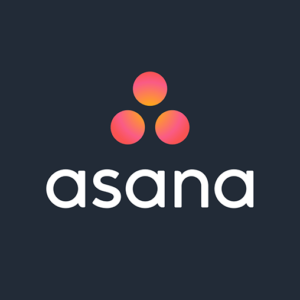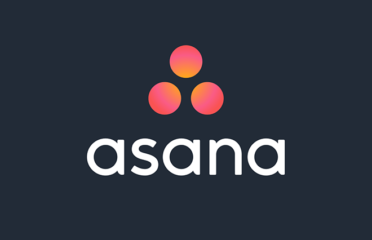For enterprise buyers interested in researching and purchasing Top Project Management Software Platforms, you have come to the right place.
Research indicates that seventy percent of projects crash and forty-four percent of managers don’t use project management software. But project managers who use proper project management tools see a considerable improvement in planning and executing projects.
What Is Project Management Software (PMS)?
Project management software supports project teams in planning, executing, managing, reporting, and closing out projects. Top-of-the-line project management solutions support different methodologies and encompass project planning, work breakdown structure, resource allocation and management, task management, and ongoing management and reporting.
Companies manage many short- and long-term projects that need several people in different places to tackle. For this reason, you should have an app that’ll allow you to collaborate, communicate, and manage workflow, tasks, and processes.
A project management platform will help you do just that. Here are more reasons you need a project management tool.
- Easy to coordinate individuals and assignments for the project
- Team members can clock the amount of time they spend on a project, ensuring you finish it on time
- To-do lists help your team manage time and work faster, increasing productivity
- Can start many projects, assign work with deliverables and deadlines
- Dashboards let you see tasks falling behind schedule and reassign them to other team members
- Different project management tools allow you to check your productivity and reward team members for hitting targets
- Cloud-based tools offer you real-time updates, ensuring that no team member misses any critical info
- Businesses can make and send quotes and invoices to clients on the same project management platform
- Teams can handle projects of any size
- Can have access to info easily through customizing dashboards
What Are the Types of Project Management Software?
Several types of project management software are available for small businesses. For example, some platforms are specifically for software developers, while others with advanced features are for large-scale projects.
Here are different project management tools to consider.
Task Management Software
This type of project management application offers essential functions that assist you with automating manual processes, such as spreadsheets. Project managers can use these tools to organize staff tasks and monitor their progress through dashboards.
Your employees can also use labels and color codes to prioritize their assignments. They can keep themselves in the loop by setting up due date reminders and notifications.
Project Collaboration Software
With this type of project management software, you can improve communication with your team members. Project members can collaborate. In addition, the app provides voice or video calls, team activity dashboards, real-time chats, and document sharing features.
Agile Management Software
Agile management software is for software developers to manage their projects. Non-technical teams with less than ten members can also use these tools as long as they follow the software’s framework, including marketing.
Like task management platforms, they also have task collaboration and management features. Team members can see their tasks through Kanban dashboards and use charts and sprint velocity metrics for reporting.
Project Portfolio Management (PMM) Software
PMM tools are for growing small businesses. They provide resource management, risk management, and product life cycle features. You can use this software to assign tasks to the right individuals, rank projects, and assess potential risks.
How Does Project Management Software Work?
First, you need to create your projects on the platform, descriptions, tasks, etc. Your project team members can update how they progress on a task on the forum. They can also ask some questions and work together as a team.
Project management software offers you the necessary tools to manage a project from start to end successfully. It lets project managers handle communication between clients and staff effectively and efficiently, boosting productivity.
Project Management tools
- Help you zero in on your project goals.
- Automatically reorganizes work when you miss your scheduled deadline
- Assists project managers and team members with managing their projects and tasks
What Are the Project Management Software Features?
Standard project management software should have these capabilities.
| Common Feature | What It Does |
|---|---|
| Project planning and task management | PMS helps users describe project scope, set up due dates, design, monitor, and complete crucial tasks and deliverables. |
| Scheduling | Calendar capabilities let you schedule projects. |
| Multi-user interface | Allows multiple users with separate logins and permission settings to monitor their progress and others’ work, too. Users can also share and follow crucial info on the platform. |
| Resource management | Project managers can distribute resources, such as personnel and inventory. They can also account for the allocation of these assets. |
| Risk management | Risk management allows users to identify possible project risks and take steps to fix the issues early. |
| Document management | PMS enables team members to save docs in a central place, including sharing them with key members and following any changes. |
| Billing and invoicing | Your business can manage all its accounting processes. |
| Budgeting, expense, & time tracking | This function is best for companies dealing with colossal once-off projects, such as manufacturing, construction, and professional services. PMS lets them budget for each project, track its expenses, etc., making it easy to match budgets, bids, costs, and revenue with the relevant projects. |
Other critical features to consider are:
- Gantt Charts
- Mobile Access
- Email Integration
- Workflow integration
Support for Agile Methodology
With this method, you can execute your project in ‘sprints,’ allowing you to reassess your priorities after completing each sprint. Feedback is ongoing, and, as a result, you can fine-tune the project scope.
Support for Waterfall Methodology
It lets you get rid of risks by planning the whole project. Also, the approach enables you to complete one project part before you start the next task.
How To Evaluate Project Management Software
Before you buy a project management tool, you should consider several issues.
1. All-in-one or specific use
Are you looking to meet a particular need? For example, project management software may offer you resource management and task management features.
Do you also need a comprehensive solution that all your team members or departments will use? Some apps enable users to visualize projects in many different ways, making it easy to execute the tasks across the entire organization.
2. Complexity vs. ease of use
Some tools are essential with little training, while others have a steep learning curve. It’s also vital to get products with top usability ratings.
3. Free trials
Before you take on a full subscription, it’s critical to have exposure to the project management software. A free trial lets you test the tool to see if it aligns with your business needs.
4. Collaboration for remote teams
You should have a project management solution to help your teams collaborate due to the rise of remote work. Project management software offering Kanban dashboards and team chat channels allows users to comment and share files.
Large teams with many projects and even small groups handling a few projects need PMS supporting online team collaboration.
5. Cloud-based project management app vs. on-premises
A cloud-based project management platform lets you subscribe to its services, but the service provider handles software hosting and maintenance. In contrast, if a solution is on-premise, you purchase the app once, install it, and manage and maintain the software.
Because the on-premise solution requires a few IT employees, it would be better to use cloud-based project management software.
List of Project Management Software Platforms
Here’s a list of 6 project management platforms.









